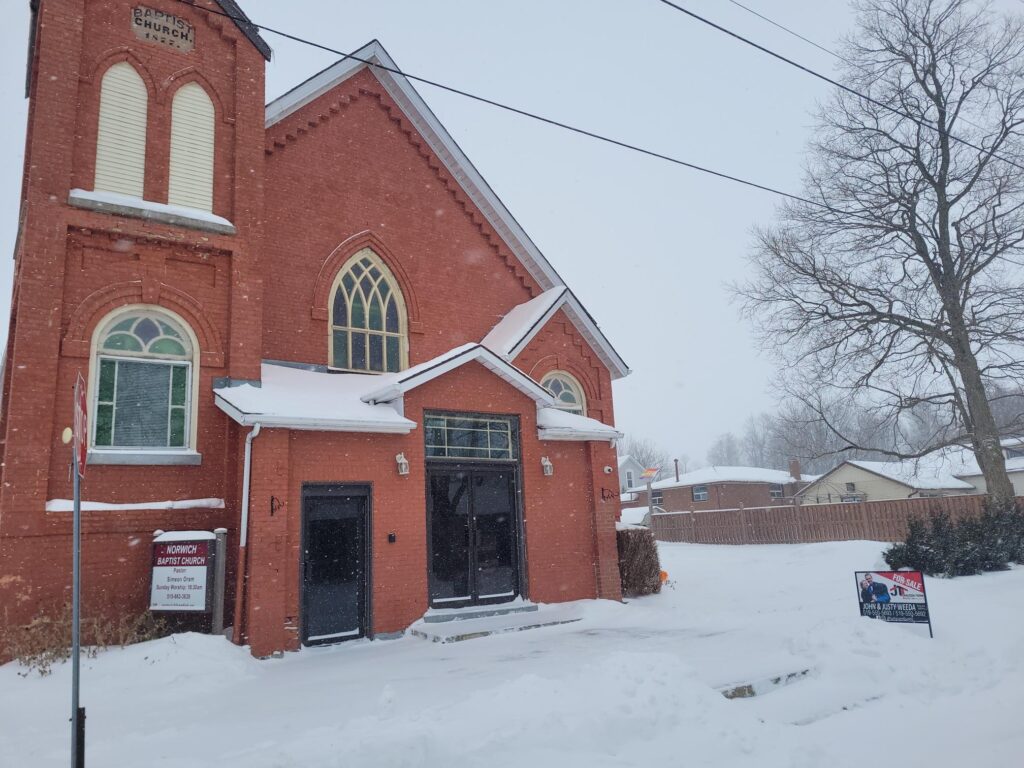In Canada, as in many other countries, churches are closing due to declining attendance and changing social attitudes towards organized religion. The closures are not limited to any specific denomination or region, but have been observed across the country. Less than 20% of Canadians attend church once a month. Science has dethroned religion as a belief system. As Norwich Ontario becomes more educated, we see a diminishing belief in Gods and deities.


Some of the factors contributing to the closure of churches in Canada include:
1. Declining attendance: Many churches are facing dwindling congregations as younger generations are less likely to attend religious services. Science is helping mankind transgress religious beliefs through education. See also Science and Religion. In Norwich we are seeing children move to STEM in lieu of Religious indoctrination. This will allow them to progress into higher education and higher paying jobs.
2. Changing demographics: Canada is becoming increasingly diverse, with a growing number of residents identifying as non-religious or belonging to minority faiths. This has affected the appeal and relevance of traditional Christian churches in particular.
3. Financial challenges: Maintaining a church building and supporting a congregation can be costly, and many churches are struggling to cover expenses. The COVID-19 pandemic also had a significant impact on church finances, as many have been forced to cancel in-person services and events.
4. Societal shifts: Canadian society is becoming more secular and inclusive, leading to a decrease in demand for traditional religious institutions. Many churches are finding it difficult to adapt to changing social attitudes and remaining relevant to their communities. Overall, the closures of churches in Canada reflect broader trends in the decline of organized religion in Western countries. While some churches may be able to adapt and survive by reaching out to new demographics or offering alternative programming, many are facing an uncertain future.
5. The push by governments for STEM education, to create rational, productive and moral citizens.
Science versus Religion
6. Organizations such as Atheist.org are questioning the values of religion and the existence of God(s) and deities. Other organization pursue greater understanding through science such as the NRC.
As the human race grows, we evolve. This is how we become better in the future, how we move from myths to facts. How we become rationale and moral.

